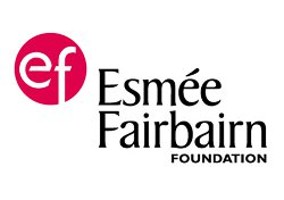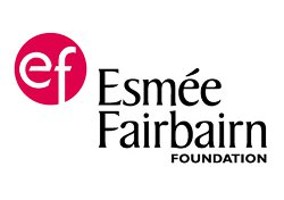The Esmée Fairbairn Foundation had a record spend of £49.1m across its grant-making and social investments, and it now has an endowment of £1bn, its 2016 accounts have revealed.
The charitable foundation spent £42.4m in grants, and £6.7m on social investment according to its accounts for the year ending 31 December 2016, and had an income of £5.3m.
The foundation spent £13.5m worth of grants on social change, £12.7m on the arts, £6.2m on children and young people, £5.7m on the environment, and £3.5m on food.
The market value of the foundation’s investments at the end of 2016 was £1bn, which was up from £907.6m on the previous year. This works out as an increase of £92.4m after spending.
Esmée Fairbairn said that the portfolio’s annual total return was of 15.9 per cent, which it said outperformed the foundation’s long-term investment objective by 9.3 per cent.
The total staff costs for the year were £1.76m, with the foundation employing 27 members of staff. Four members of staff earned over £60,000, which was consistent with 2015, however this year one employee received between £110,000 and £119,999.
The foundation had reserves of £971m as of 31 December 2016, which was up from £876m at the same time in 2015.
In 2015 the foundation launched a new funding strategy which aimed to include a focus on giving unrestricted grants, offering long-term funding, and supporting smaller charities.
Caroline Mason, chief executive of the foundation, said in the annual report: “Looking ahead, we want to enable those organisations and communities that are closest to the challenges of our times and that are blazing a trail in solving them. But we know that we will achieve much more by working with others to do so, and our focus for 2017 will be on building partnerships for driving change.”
Improving pre-application process
The foundation has said it has also improved the pre-application process and funding guidance on its website to ensure the best use of its applicant’s time. Its annual report revealed that 90 per cent of applications were declined in 2016.
Mason said: “We are working to reduce this number by being clearer about our funding priorites, and we hope to save organisations precious time and resources by reducing our reporting requirements to four sides of A4, and asking only for information that is already presented to boards or stakeholders.”
Related articles












